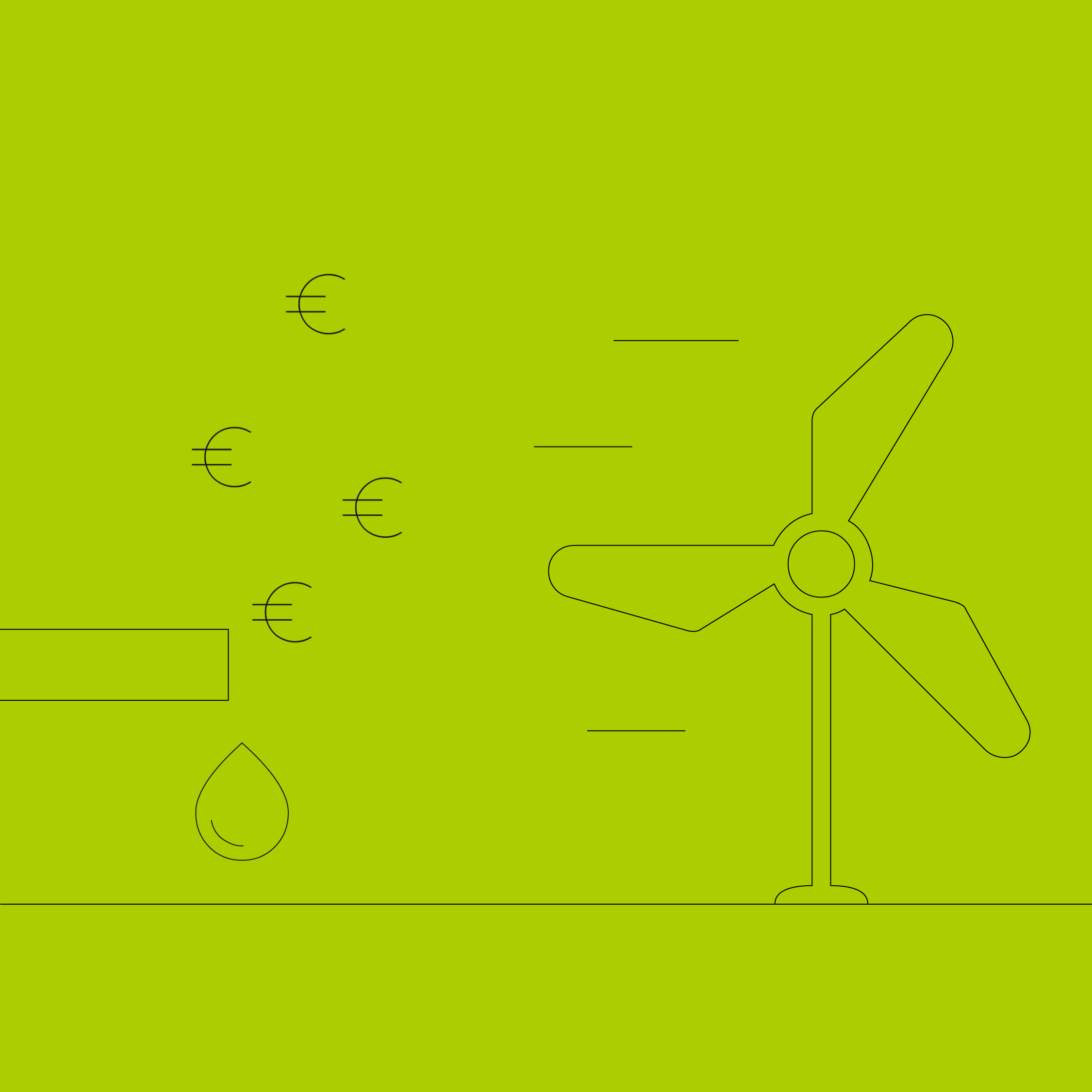Oil heating replacement
Why and against what?

Oil and gas are only available in limited quantities - prices fluctuate greatly and tend to rise steadily. If you replace your old gas or oil heating system and switch to renewable energies, you become independent of fossil fuels and can make significant savings in the long term - and do something good for the environment.
At a glance
- Fossil or renewable energies: Old heating systems based on oil and gas cause CO2 emissions. By switching to renewable energies, you can heat in a more climate-friendly way.
- Reasons for replacement: High oil prices, environmental pollution and legal requirements to reduce fossil fuels make the replacement of old oil heating systems attractive.
- Alternatives when replacing an oil heating system: Environmentally friendly options include solar thermal energy, heat pumps, pellet heating and district heating.
- Advantages of a heat pump: They enable environmentally friendly and cost-effective heating, independent of energy suppliers or fuel prices. Cooling function as an additional plus point.
- Checklist: Clarify heating requirements, research alternative heating systems, check funding opportunities and plan professional installation.
Heating systems: Fossil fuels vs. renewable energies

Just 20 years ago, the focus was on heating systems using conventional energy sources such as oil and gas. The desired heat is generated by burning them. However, as with all combustion, this also produces climate-damaging CO2 emissions.
Renewable energy sources, on the other hand, are solar energy, wind energy, hydropower, geothermal energy or environmental heat and biomass. Solar energy, environmental heat and biomass currently play a particularly important role in heating systems, while wind and water, as well as the sun, are primarily used for sustainable electricity generation
Why should an old oil heating system be replaced?
- Costs: Whether for heating or for petrol or diesel - everyone knows it: oil is expensive. In addition, the CO2 price that has to be paid for the resulting emissions makes the use of oil more expensive.
- Environmental protection: By burning oil, old oil heating systems produce CO2 emissions. These contribute to global heating.
- Legal framework: Due to increasing requirements to reduce fossil fuels, the replacement of old oil heating systems is required by law in the long term. You can find out more about replacement obligations and heating system renewal here.
Tip: Benefit from subsidies
When switching from a gas or oil heating system to renewable energies, you can benefit from subsidies from the Federal Subsidy for Efficient Buildings (BEG). This reduces your modernisation costs and the investment pays for itself more quickly. The amount of funding available for your renovation project depends on various factors.
The subsidy calculator of the German Heat Pump Association helps you to find the subsidies you are eligible for and to calculate the possible subsidy amount. The federal subsidies currently available for heat pumps in accordance with the BEG subsidy guidelines from 1 January 2024 are listed.
Replace oil heating - but with what?
Comparison of heating systems based on renewable energies
Anyone who wants to replace their oil heating system in order to heat with renewable energies in the future in a climate-friendly and economical way has the choice between different heating systems. The best known are
Solar thermal energy for heating
Solar energy is converted into usable thermal energy for heating or hot water. The yield depends on the solar radiation, which varies depending on the region, the orientation of the system and the time of year. Solar thermal systems are therefore often only used for domestic water heating or as a backup for another heating system.
Heat pump heating
Utilises the free energy available from the environment to generate heat for heating or hot water. In addition, only a small amount of electricity is required for heat generation, which reduces heating costs.
Pellet heating
Heat for the heating system is generated by burning wood pellets (biomass), which are made from waste products from the wood industry. If you want to heat with pellets, you need space to store the pellets and must top them up regularly.
District heating
Politically driven municipal heating planning has also brought connections to district heating into focus. Such heating networks are also increasingly to be operated with renewable energies. The costs are dependent on the suppliers' prices.
Environmentally friendly heat pump technology offers many advantages when replacing heating systems - especially if the old oil heating system is to be replaced.
Conversion to heat pump
Operating costs
Gas or oil heating: Heating costs are determined by the price of gas or oil. Costs and effort are also incurred for maintenance, which is necessary on a regular basis.
Heat pump: Converting from oil heating to a heat pump naturally incurs costs. But there are state subsidies for this initial investment. In day-to-day operation, climate-friendly heat pumps then score points with low costs and low maintenance costs.
Checklist for replacement
The replacement of an old oil heating system should always be planned and discussed together with a specialist partner. He will advise and support you in all important steps of heating modernisation:
- Clarify current heating requirements and future needs
- Research alternative heating systems, weigh up the pros and cons
- Check funding options for the replacement of old heating systems
- Installation of the new heating system
- Initial operation and instruction for daily use
Caution: A specialist company should be commissioned to dispose of the old heating system so that no oil is released into the environment.




